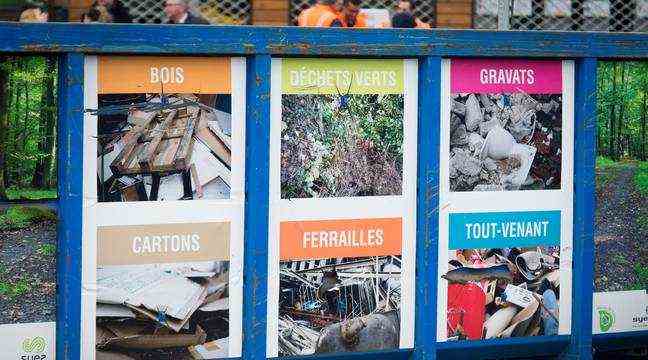New year rhymes with novelty. As of this Saturday, new regulations come into force in many sectors. Small focus on the main measures aimed at better protecting the environment.
Responsibility of market places
Market places (Amazon, Cdiscount, etc.) must ensure that manufacturers properly finance the eco-organizations responsible for managing the end of life of their product categories.
Information duty on digital pollution
Internet service providers and mobile operators must communicate to their subscribers the greenhouse gas emissions linked to their Internet and mobile consumption.
Auto penalty
A new scale of the automobile penalty comes into force for new vehicles registered from January 1. The penalty will apply from 128 grams of CO2 / km (instead of 133 grams of CO2 / km) with, for this level of pollution, a tax of 50 euros. It will then rise to reach 40,000 euros for a level greater than 223 grams of CO2 / km, knowing that the amount of the penalty cannot exceed 50% of the price including VAT of the vehicle.
In addition, a new “weight penalty” will affect new vehicles weighing more than 1.8 tonnes, at a rate of 10 euros per kilogram. In both cases, large families can benefit from discounts and electric and plug-in hybrid vehicles are not affected.
End of live castration of piglets
It will be forbidden to castrate piglets without anesthesia in the name of animal welfare, but breeders can continue to practice this operation provided that their buyers require it and if they follow a specific protocol. Castration can be “carried out either by surgical castration with anesthesia and analgesia”, an option favored by professionals, “or by immunocastration” (injection of a vaccine to stop the production of steroids). This practice still concerns the vast majority of French farms and nearly 10 million piglets per year.
The generalized Triman logo
The “Triman” logo will be displayed on all products. Its presence means that the waste is subject to a sorting rule: return to the store for electrical and electronic equipment, specific terminals for batteries, yellow bin for packaging, etc. It must be accompanied by a clear sorting instruction.
Single-use plastics banned
End of plastic packaging around certain unprocessed fruits and vegetables, ban on plastic toys offered on children’s menus, obligation for establishments open to the public (stations, libraries, schools, universities, hospitals, etc.) to allow access at a drinking water point, ban on plastic packaging for the delivery of newspapers, magazines and advertisements, end of state purchases of single-use plastic products for use in workplaces or at events that he organizes.
Collection of new in-store waste
Stores are required to take back used furniture, empty or full dangerous products (paints, glues and cleaning products with hazardous substances) and combustible gas cartridges from their customers.
Prohibition to dispose of unsold non-food items
Disposal of unsold non-food items is prohibited. This ban concerns products covered by extended producer responsibility (clothing, furniture, electrical and electronic products, etc.), hygiene and childcare products, early learning and leisure products, books and school supplies, food preservation and cooking equipment. Companies must now give away or recycle their unsold products.

